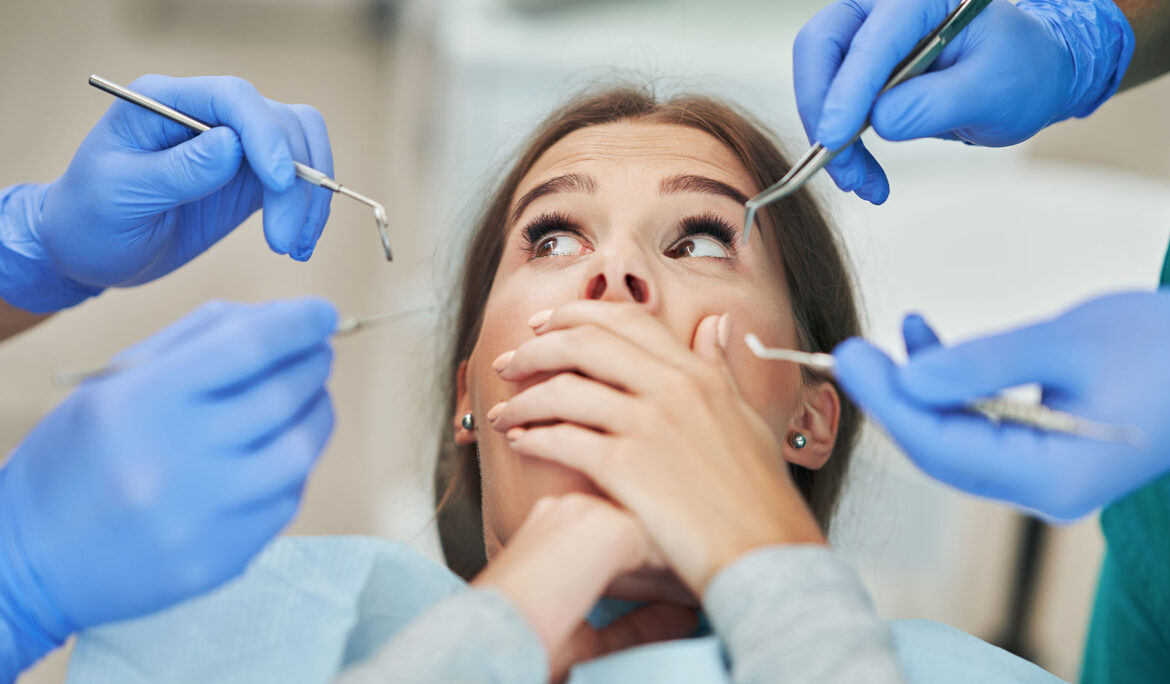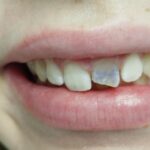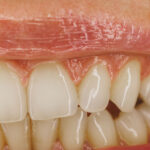In this blog, we will address a fairly widespread and ever-present issue, which is the fear of dentists or dental phobia. It is most often related to the fear of dental procedures, the fear that we will experience unbearable pain during the procedure, and this deters us from visiting the dentist. Fear is present equally in children and adults, with some unpleasant past experiences often remembered from childhood, leading to lifelong apprehension and difficulty in trusting another dentist.
Apart from the fear of dentists, there may be other causes, including:
- Embarrassment due to poor oral health
- Lack of information and control during procedures
- Odors and sounds in the dental office caused by equipment
- Fear of needles and injections
I would like to touch on another topic, which is regular visits to the dentist. Many people neglect their teeth by not regularly visiting their dentist, only seeking help when toothache forces them to visit the dental office. This is not the fault of the dentist because the patient has allowed such tooth decay that infection has reached the dental nerve, as we discussed in the blog about cavities. In such cases, the dentist administers anesthesia; however, there may still be pain during the intervention to relieve toothache. Therefore, I emphasize that neglecting one’s teeth is the main cause of this fear, the fear of dentists.
Even when the first milk teeth emerge, it is important to develop a habit of visiting and adapting to the dentist. If we regularly go and maintain proper oral hygiene, it is possible that each visit will only involve a check-up, and our visits to the dentist will actually be relaxed and stress-free.
Symptoms that may occur as a result of fear of the dentist include:
- Sweating
- Pale face
- Rapid heartbeat
- Crying
- Trembling
- Inability to sit in the dental chair
Fear management techniques:
If we belong to the category of patients who have experienced negative experiences or severe toothache, it is very important to find a dentist who relaxes us with their approach and techniques. In more severe cases, sedation can be applied, or hypnosis is often used in dental procedures for very apprehensive patients.
How we address fear in our clinic:
We talk to each patient in a relaxed atmosphere, trying to explain everything that will be done to them in a simple and understandable way. We adapt procedures to the patient’s capabilities, as much as they can and want to spend on the dental chair. Every dental procedure is done under local anesthesia so that the patient feels nothing during the procedure. If necessary, we can provide medication therapy.
In conclusion, I want to emphasize that we should leave the fear of dentists in some past time and head to the dental clinic; Hooray, I did it, I can and I want to have healthy and beautiful teeth!













